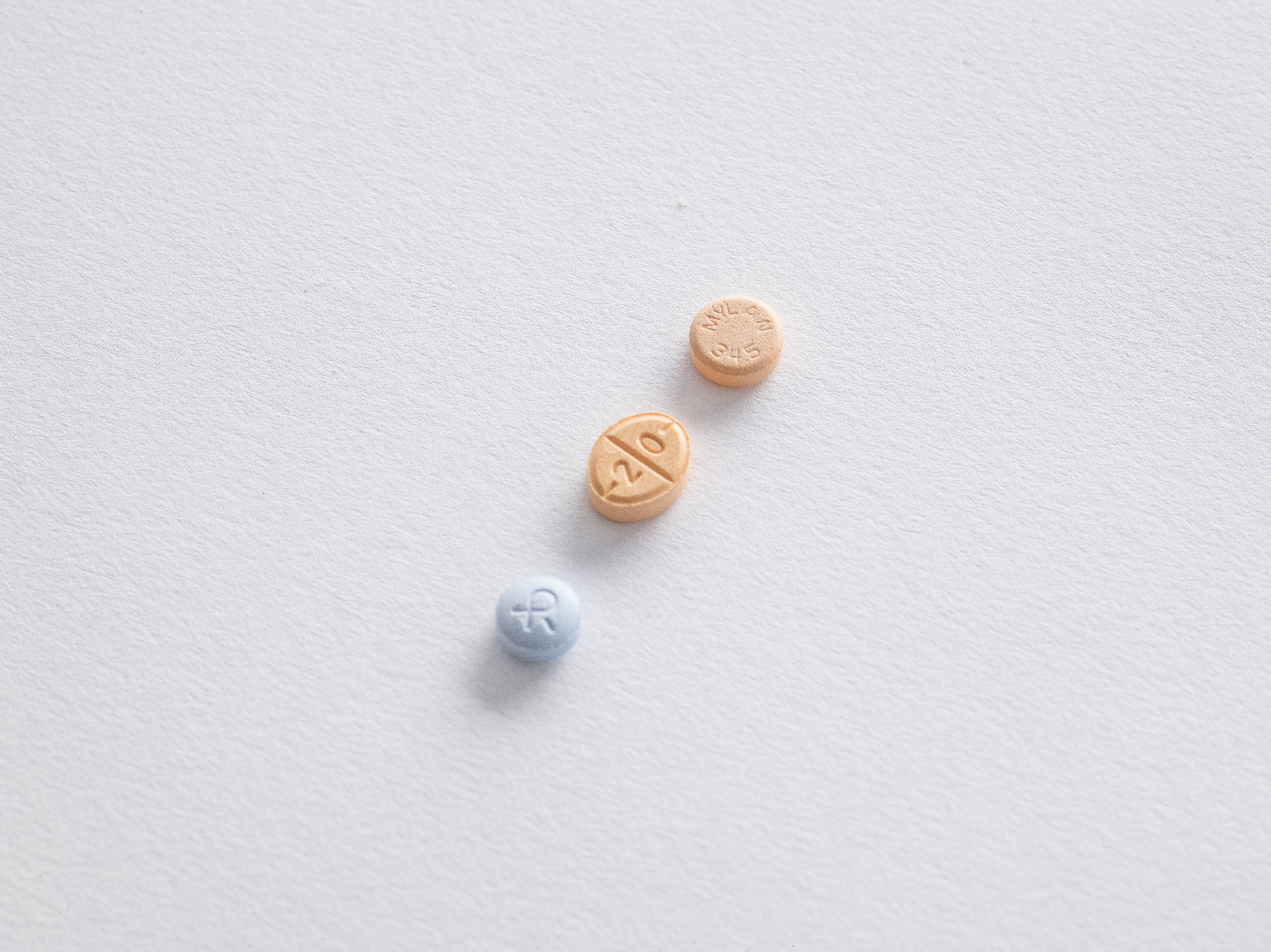Australia’s Pill Testing and Different Versions of Harm Minimization
Sadly, the Australian summer just gone has once again seen as increase in deaths and hospitalizations associated with drug use at music festivals. As of January 2019 the state of New South Wales (NSW) coroner’s office announced it would investigate five recent deaths at music festivals. For the past decade deaths and overdose hospitalizations following ingestion of MDMA, ecstasy or other party drugs at music festivals has prompted debate about whether pill testing services should be made available at such events.
A pill testing service would give people who have purchased drugs, and intend to use them at an event, the opportunity to have those substances tested for purity of ingredients without threat of confiscation or arrest. An urgent factor in the increase in dangerous outcomes of recreational drug use is that some manufacturers and distributors mix their products with substances that decrease the purity and potentially dramatically increase the toxicity.
Dr. David Caldicott, a Canberra based emergency specialist, and advocate for pill testing, oversaw the first Australian government sanctioned pill testing trial in 2018 at a music festival in Canberra. There, several pills were found to contain an “absolutely lethal” substance: N-Ethylpentylone (ephylone), which is responsible for a number of mass overdoses around the world. David Caldicott said ephylone is a stimulant that can cause circulation problems, lethal heart palpitations and hallucinations that can cause dangerous behavior. He reported that all pills found to contain it were disposed of immediately. So the primary purpose of pill testing is to provide the opportunity for people to find out whether the drugs they are considering using contain additional toxic substances.
However, because drugs are prohibited, and because their use may be harmful apart from the presence of additional nasties, the issue of how pill testing can help to keep people safe without promoting or condoning illegal drug use, and how it might be able to operate side by side with law enforcement efforts to keep drugs out of the community, raises very difficult ethical and legal questions.
The national debate in Australia about government sanction of a pill testing has become a politically and socially divisive issue. There have recently been calls from the medical profession, from parents of some young people who have died, since 2012, at music festivals and festival goers themselves to institute pill testing services at music festivals.
Essentially, the case for pill testing is based on harm reduction as a first principle. The argument is based on the view that insisting on abstinence is unrealistic; and given people are going to use drugs, pill testing helps make drug taking safer. The argument against is based on the concern that such a service intrinsically condones drug use. Making something safer is not the same as making it completely safe, and there is a concern that pill testing may be mistaken for a green light on the safety of banned substances which can be dangerous in their own right.
All parties agree that the objective of effective drug policy is making people safe, and reducing or ultimately eliminating drug related fatalities and hospitalizations at such events. But both sides disagree about whether pill testing is the right way to achieve that end. It is clearly a question of harm reduction – but each side of this debate represents a very different view of what harm reduction would mean: on one hand, a pragmatic approach to the situation as it is; on the other, a commitment to preserving the principle of prohibition.
It is to be hoped that the facts (in terms of what has been learned through research) can help to resolve the issue in favor of policies and programs that have results for harm reduction around (recreational) drug use. But the debate is underpinned by a philosophical disagreement, the overarching question of which is about how we as a society understand and treat drug use.
According to Dr. David Caldicott there is evidence from the UK that hospitalizations are reduced when pill testing is available. He told ABC Television that “…recent research… suggests that hospital attendances are down at 95%, or down 95% [in the UK] of what they were, when pill testing is applied.”
One of the biggest concerns for those who resist pill testing as a solution is that the real danger is giving would-be drug users a false sense of security, by declaring pills to be ‘safe’. Indeed, there is any number of potentially salient factors unforeseeable by pill testing. The part of the sample tested might not be representative of the drug as a whole; the user may also take other drugs, and interactions between them might occur; other environmental factors such as temperature might have an effect; or drugs may have idiosyncratic effects on an individual’s system.
Indeed, health professionals such as Dr David Caldicott, advocating for the practice, are clear that the whole point of pill testing is to try to stop people from taking drugs. He says “[were we] to find out, say, it was just MDMA, they would still nevertheless have a conversation about what MDMA can do to you on its own. And that would be far more than they would have was there not pill testing there. So, this is the safety net. This is the last chance that a potential consumer of a drug has before consuming that drug.”
Given the inevitability that while such a service may make some punters more cautious, it will make some more comfortable, it is difficult to shake the concern that it fundamentally sanctions drug use, not just by giving the impression a particular sample offered for testing is safe, but in a more general sense condones it. That is the view expressed by Chief Superintendent Stuart Smith, of the NSW police department:
“I find it difficult to find a position where I would be comfortable that people can provide advice… to a young individual when environment is a factor, where the individual’s… pre-drug use… and what they’ll use afterwards… are unknowns. And then suddenly we say that one pill is OK, and they tell three others, you know, also the same. They have different physiology. And we may be putting another person in danger.”
There is a nervousness in some quarters about an intrinsic harm being done to the anti-drug message itself. The reality is that illicit drugs is big black market business underpinned by vast criminal enterprises, which are notoriously ruthless in pushing and actively encouraging addiction.
Ideally, say many advocates, a pill testing service’s first role is to put a person planning to use drugs directly in touch with a doctor and/or a drug and alcohol counsellor. As a point of contact it provides an opportunity for professional and supportive advice, in the form of a conversation that person would otherwise not have. The available evidence seems to suggest that this leads not just to fewer deaths, but also to reduction in drug use.
Many in the medical profession are calling for a fundamental shift in our approach to this issue, in the form of a change in how we view and act upon drug use. The overarching question about differences in understanding the nature of harm reduction at stake here appears to reflect the differences between dealing with drugs as a criminal issue or as a health and a social issue. Many in the medical and health professions argue that such a shift will bring back funding to drug treatment programs and reduce stress on the criminal justice system.
Though this is a difficult issue, it seems better to approach our situation as a society with openness and honesty – out of which individual members of our society can be afforded support. I would argue, since people do take drugs, that in line with the best ethical principles we can collectively muster, if pill testing is saving lives then we should do it, and everything else should follow from that goal.





